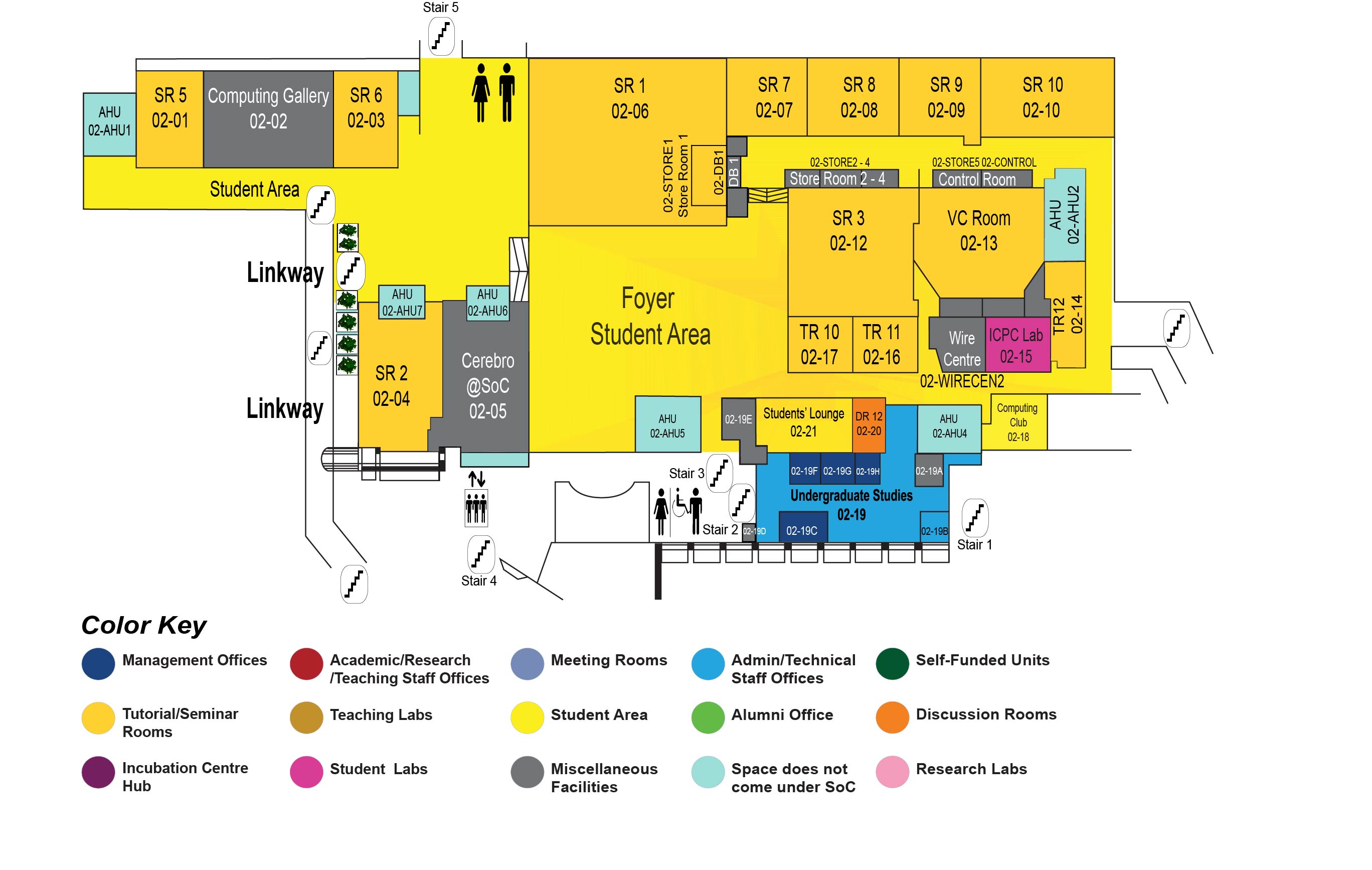The Role of Pre-Purchase Browsing Behavior in Purchase and Post-Purchase Decision Makings
COM1 Level 2
SR9, COM1-02-09

Abstract:
Despite the significant success of e-commerce, many e-commerce companies are still confronting problems such as low visit-to-purchase conversion rates and high product return rates. In this dissertation, we conduct two studies to address these issues by focusing on consumers' pre-purchase browsing behavior.
In study 1, to address the issue of low conversion rates, we argue that a critical first step is to categorize different types of website visits and understand the motivation of each visit based on consumers' browsing behavior. Hence, by applying the shopping goals theory and the information foraging theory, we extend the existing typology based on two dimensions: type of shopping goal and consumers' browsing path to achieve the goal. Through leveraging a large-scale clickstream dataset, we employ sequence analysis and cluster technique borrowed from bioinformatics, and obtain eight distinct browsing patterns that are in accord with the two theoretical dimensions. Moreover, since a shopping process is usually composed of multiple visits, we further examine how the evolvement of consumers' browsing patterns across different visits is related to their purchase decisions.
In study 2, we investigate a paradoxical relationship between consumers' pre-purchase product page viewing behavior and their post-purchase product return decisions. On the one hand, some researchers suggest that viewing more product pages before purchase helps consumers make a high-quality purchase choice, which in turn decreases product return rates. On the other hand, other findings indicate that viewing more product pages heightens consumers' expectation about the purchased product, which increases their return probability. To address the conflicting findings, we distinguish search product from experience product, and argue that the mechanism of viewing more product pages resulting in a better purchase choice only works for search products but not for experience products. Thus, for search products, there is a U-shaped relationship between product page viewing and product returns; for experience products, product page viewing is positively related to product returns. In addition, we find that the strength of the relationship between product page viewing and product returns is contingent on consumers' usage of product visualization system and consumer review system.
In sum, this dissertation uncovers the important role of consumers' pre-purchase browsing behavior in their purchase and post-purchase decision makings. Theoretical and practical implications are discussed.

